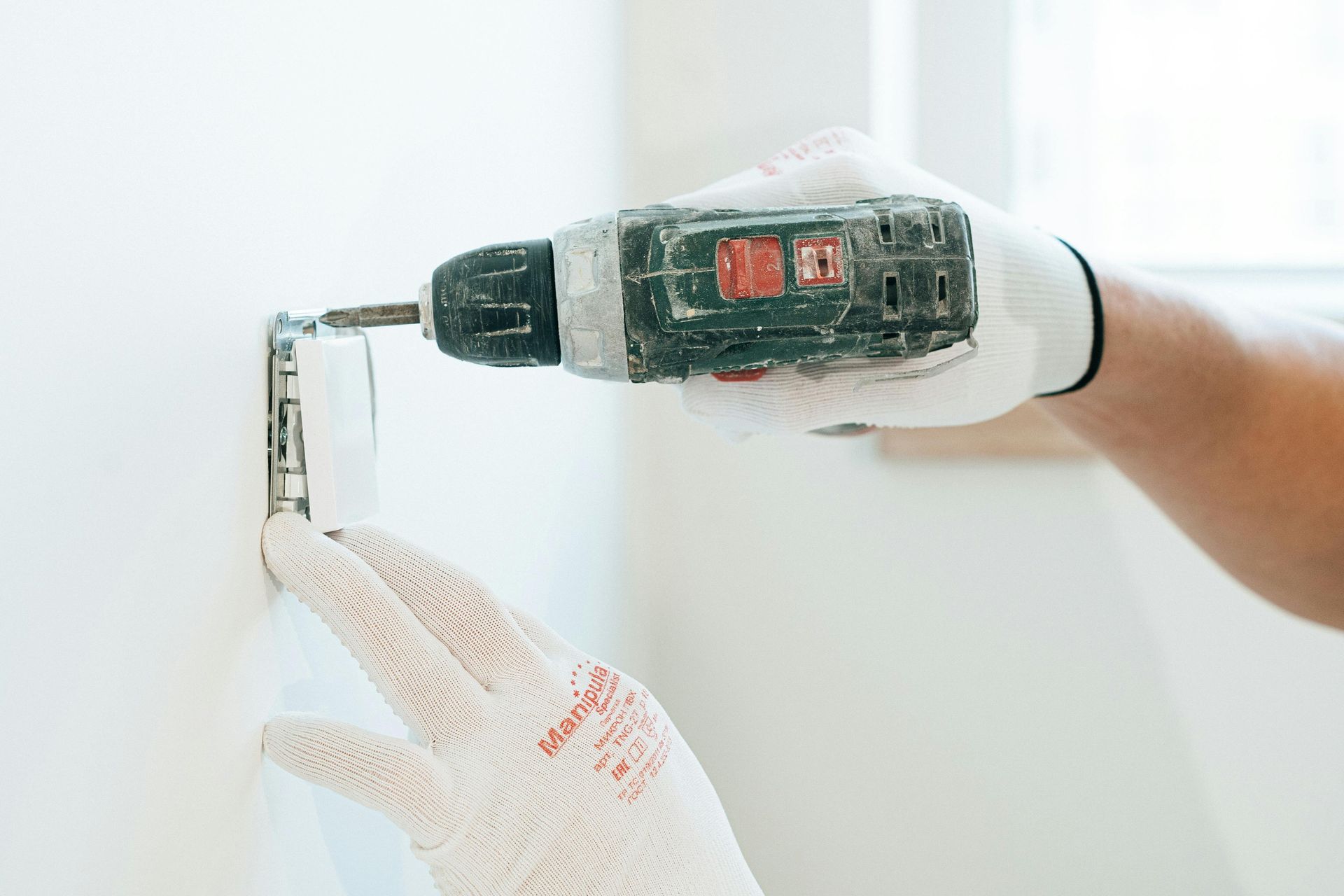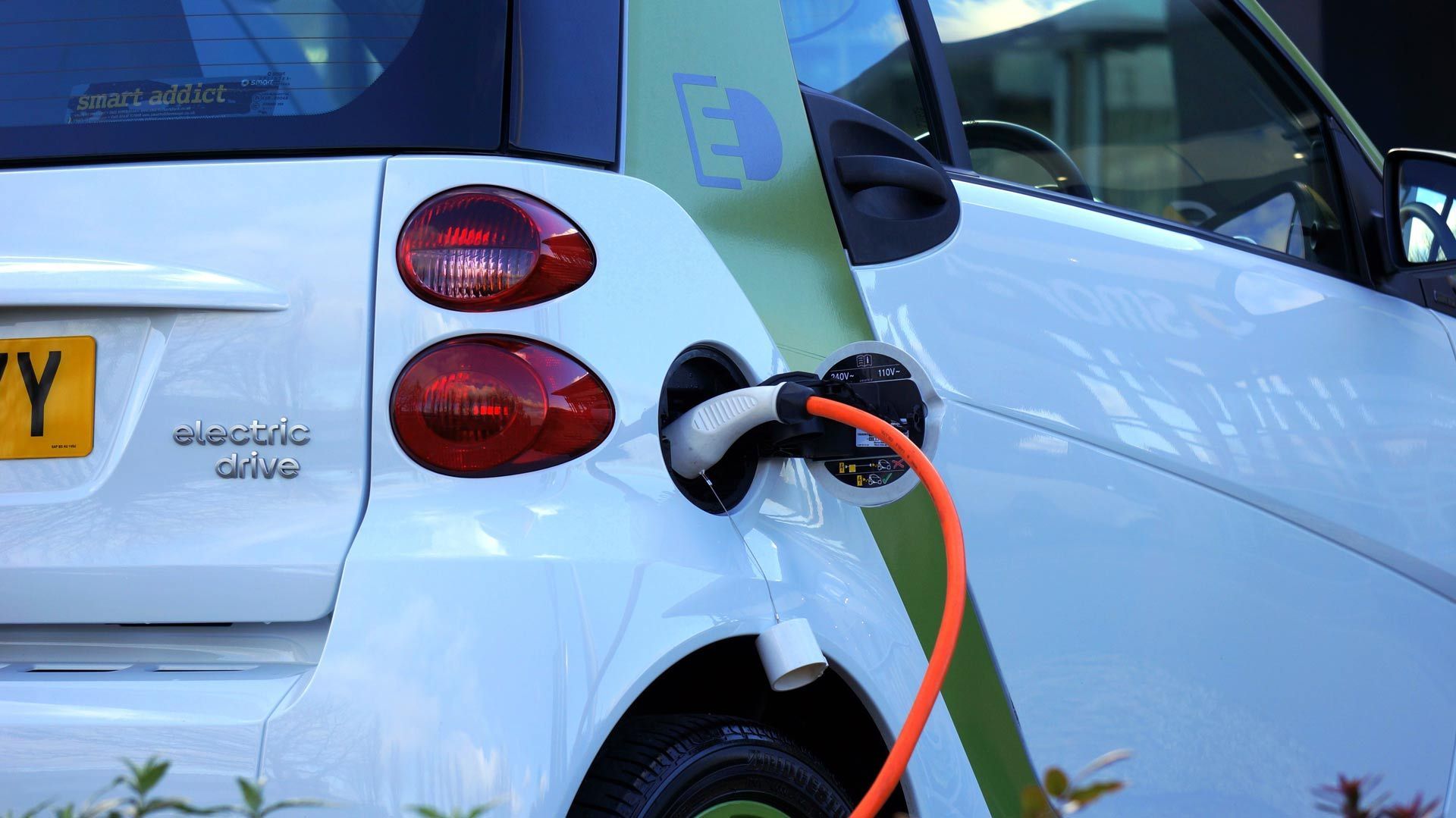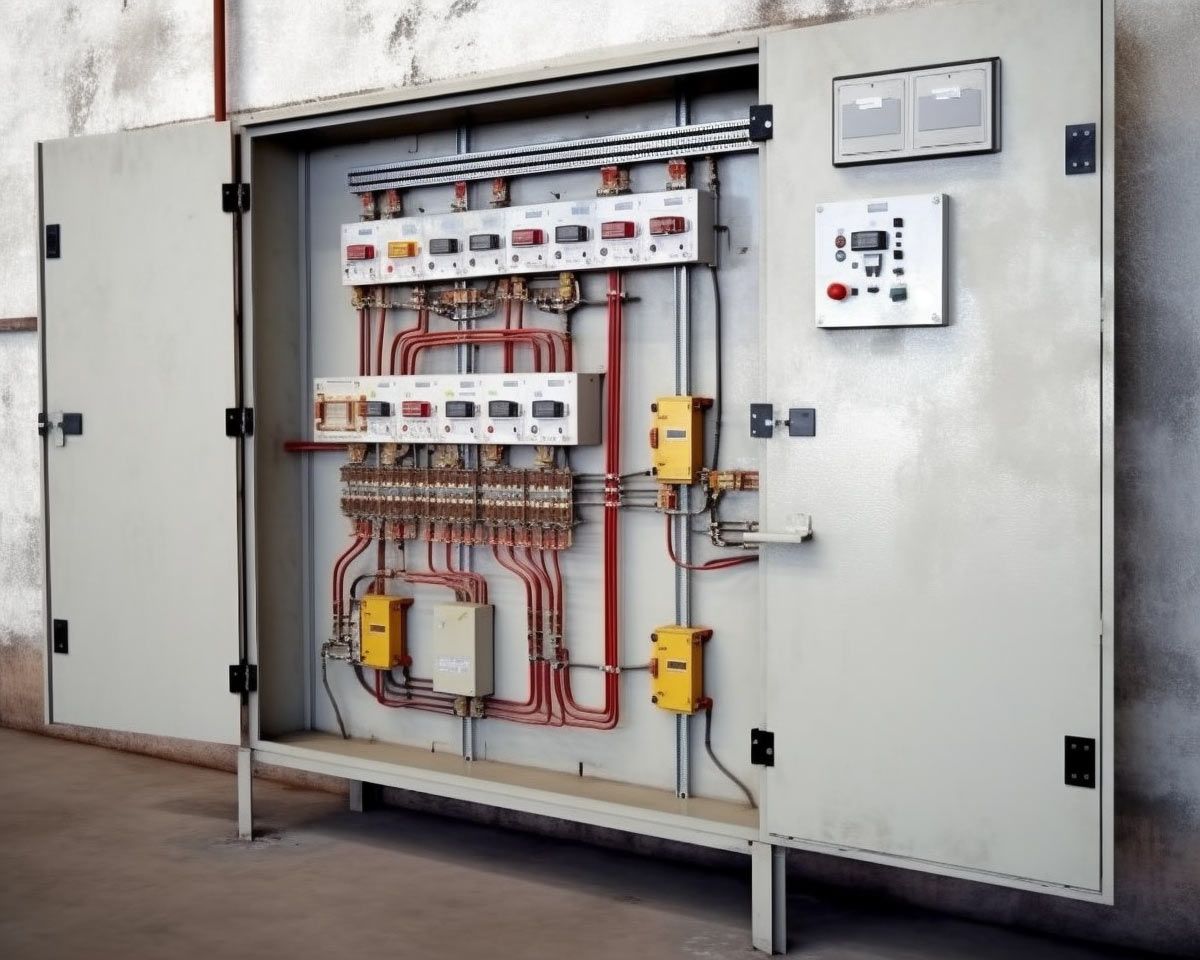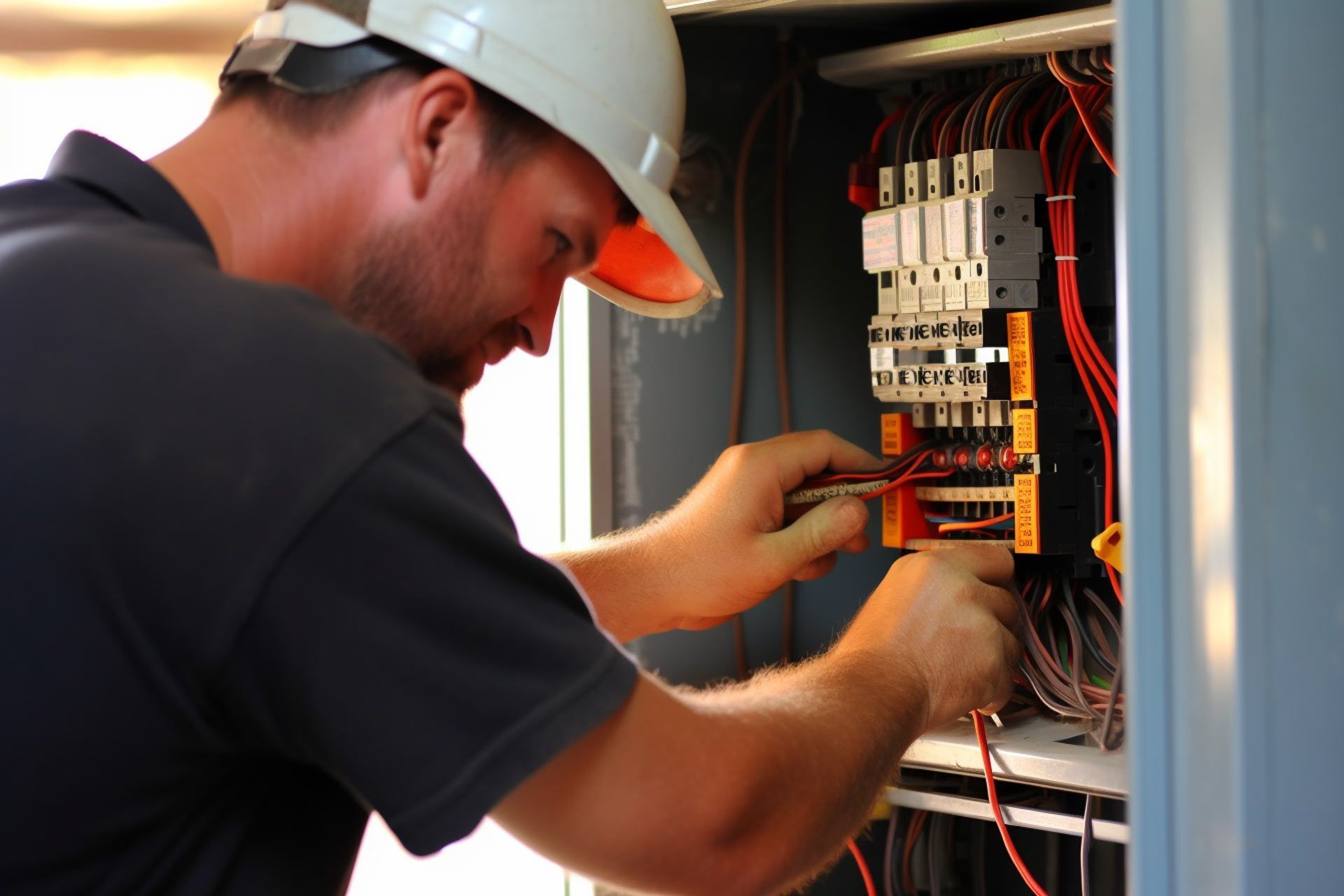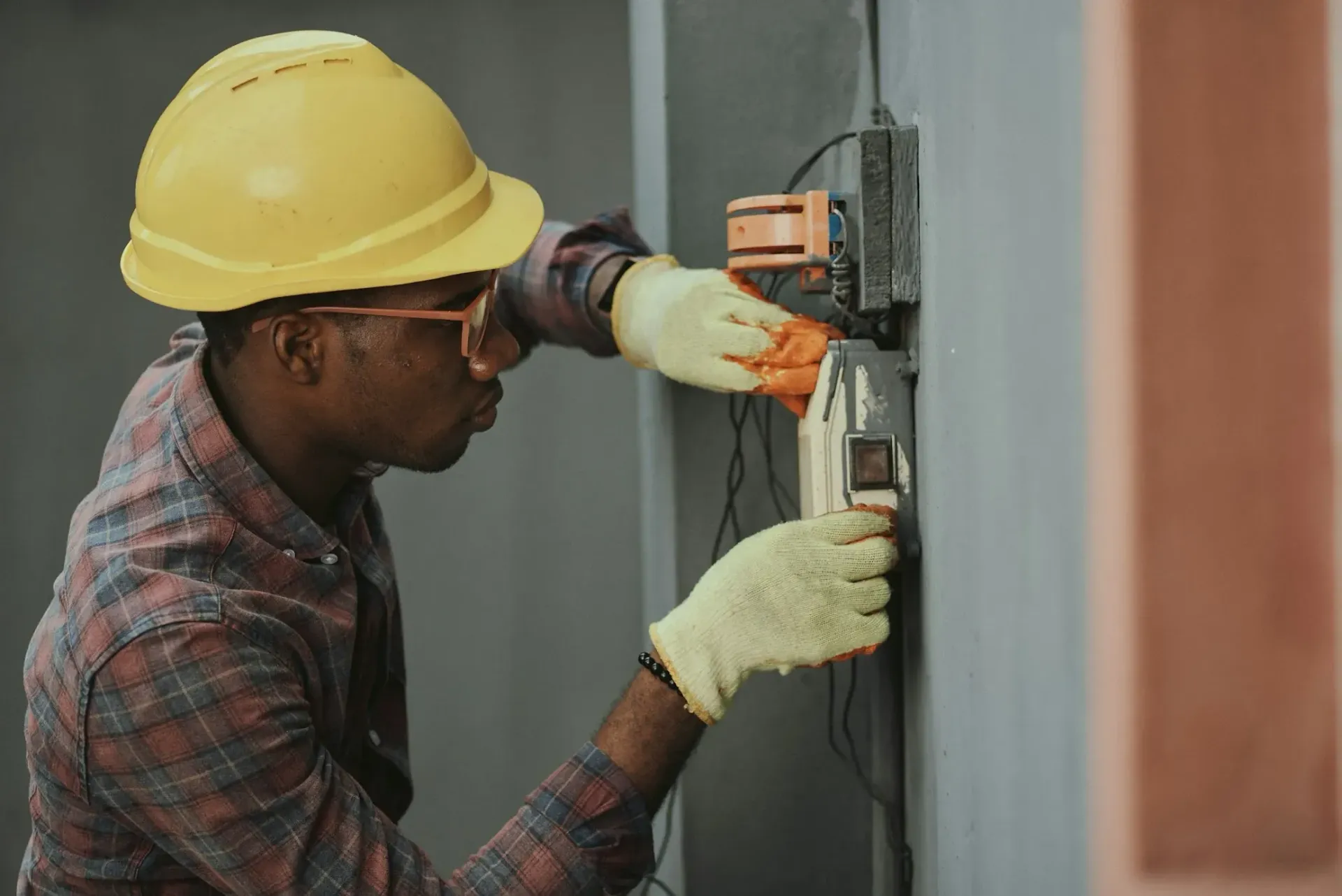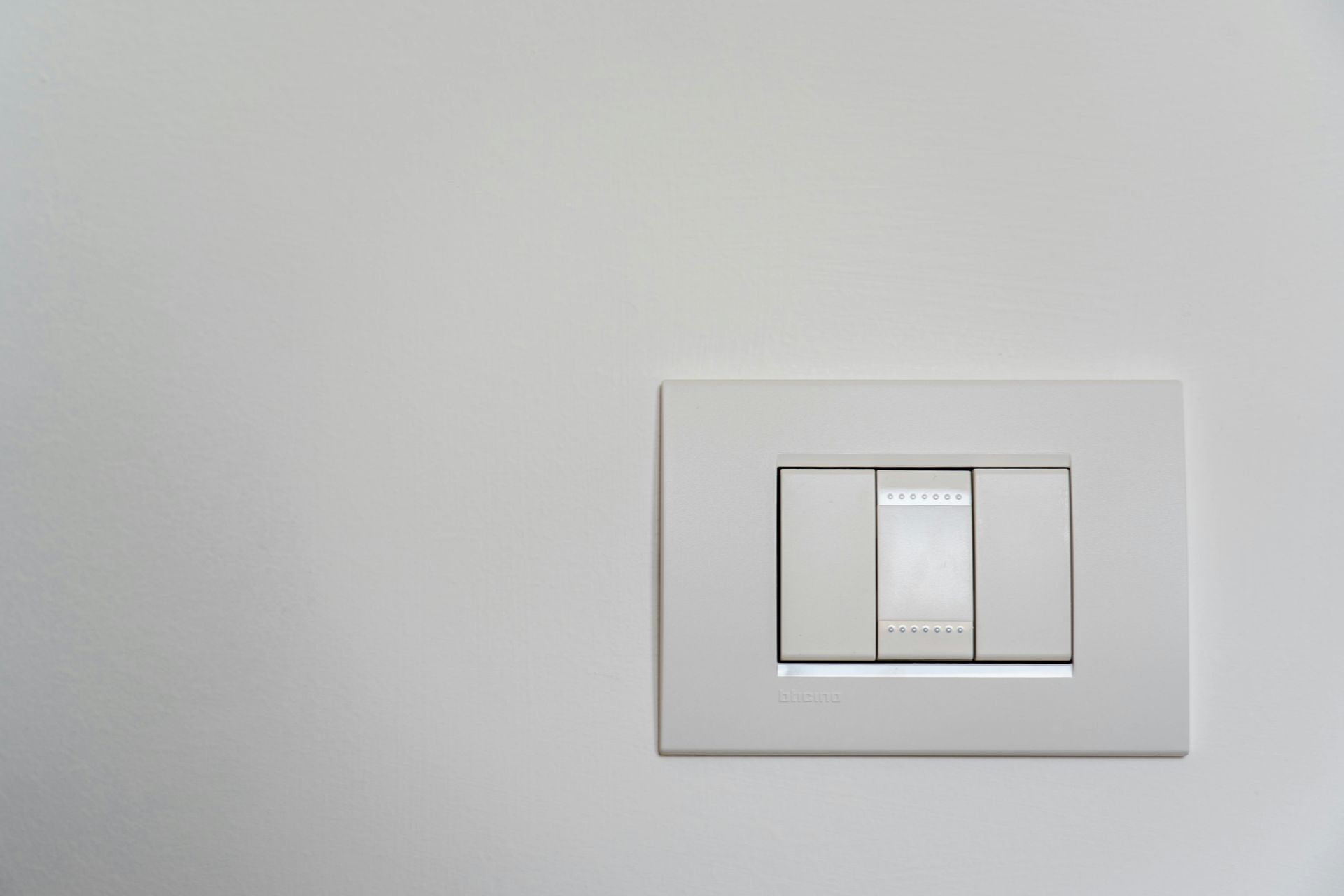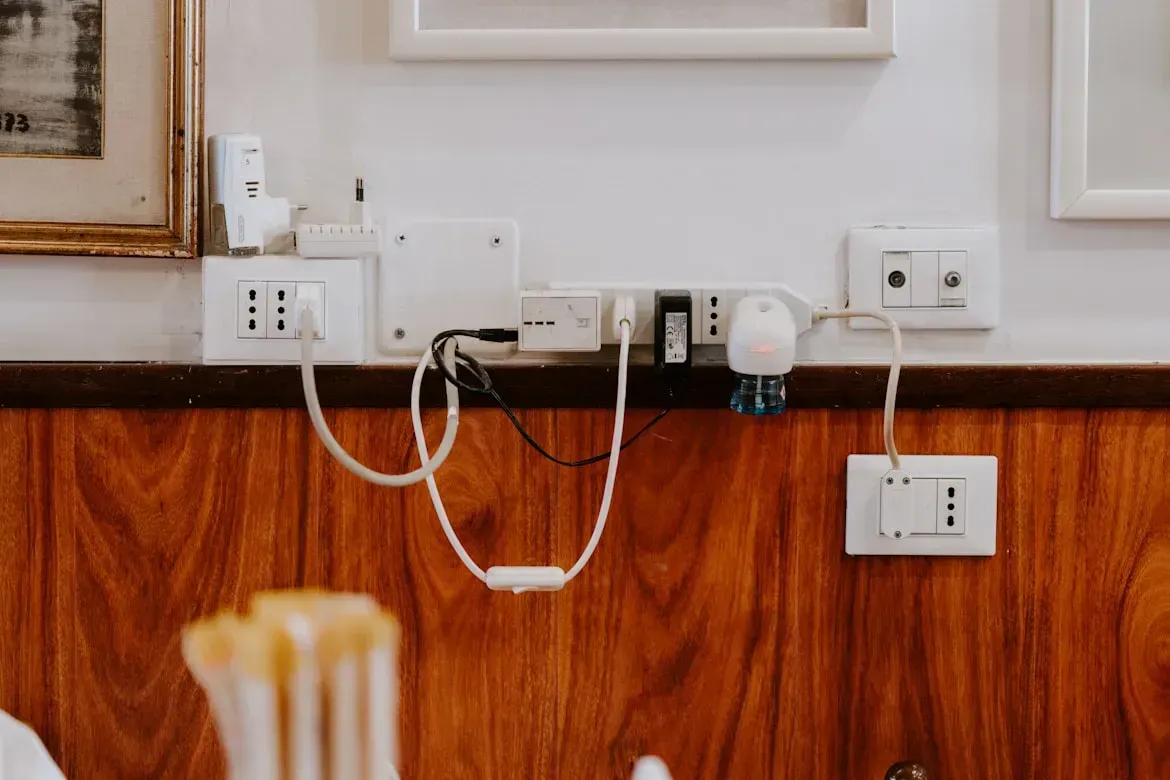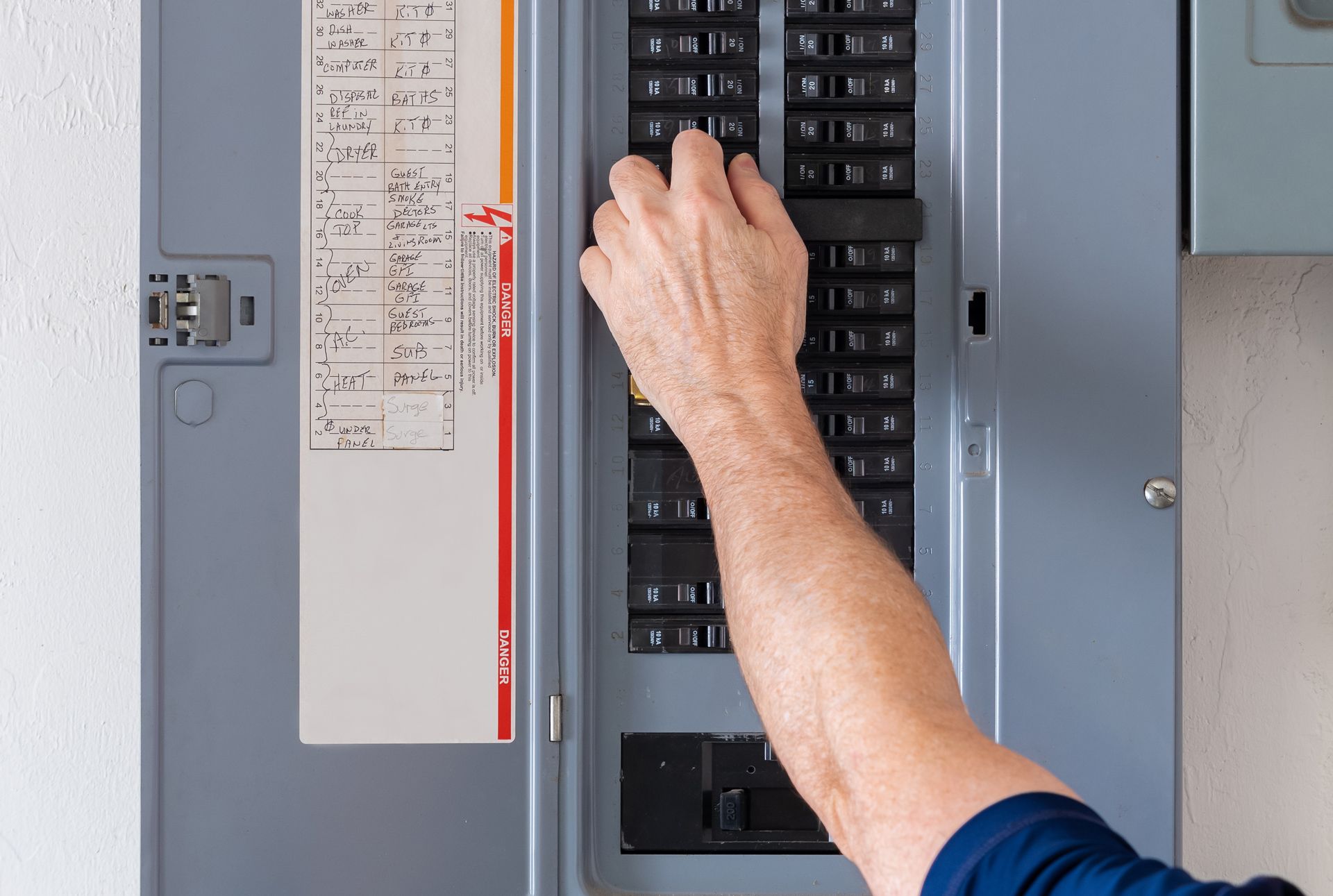The Importance of Electrical Safety in Your Home
Understanding Electrical Safety
Electrical safety is a critical aspect of maintaining a safe and secure home environment. From powering our devices to providing lighting and heating, electricity plays a vital role in our daily lives. However, it's important to recognize that electricity can be dangerous if not handled properly. Understanding the basics of electrical safety is essential for homeowners to ensure the well-being of their families and protect their property.
COMMON ELECTRICAL HAZARDS
In this section, we'll explore some of the common electrical hazards that homeowners should be aware of:
Faulty Wiring: Outdated or faulty wiring is a leading cause of electrical accidents. It can lead to short circuits, sparks, and even electrical fires. Regular inspections by qualified electricians are crucial to identify and address any wiring issues in your home.
Overloaded Circuits: Overloading a circuit occurs when too many devices or appliances are plugged into a single outlet or circuit. This can lead to overheating, tripped circuit breakers, and potential electrical hazards. Proper distribution of electrical load and the use of power strips and surge protectors can help prevent overloading.
Damaged Cords and Outlets: Frayed cords, loose outlets, and exposed wires pose significant electrical risks. These should be repaired or replaced immediately to avoid shocks and potential electrical fires.
Importance of Regular Electrical Inspections
Regular electrical inspections by licensed professionals are essential for maintaining electrical safety in your home. These inspections can identify potential hazards, detect faulty wiring, and ensure compliance with electrical codes and standards. An electrician will thoroughly assess your electrical system, check for any signs of wear and tear, and provide recommendations for repairs or upgrades to enhance safety.
Electrical Safety Tips for Homeowners
Avoid DIY Electrical Work: Unless you are a qualified electrician, it's best to leave electrical repairs and installations to the professionals. Attempting to handle electrical work on your own can result in serious injuries and may not meet safety standards.
Install Ground Fault Circuit Interrupters (GFCIs): GFCIs are designed to protect against electric shocks by automatically shutting off the power when a fault is detected. These should be installed in areas prone to moisture, such as kitchens, bathrooms, and outdoor outlets.
Use Surge Protectors: Surge protectors help safeguard your electronic devices from power surges and voltage spikes. They are particularly useful for sensitive equipment like computers, televisions, and home entertainment systems.
Teach Children About Electrical Safety
Educating children about electrical safety is crucial to prevent accidents and injuries. Teach them the basics of electrical hazards, such as avoiding water near electrical outlets, not playing with electrical cords, and seeking adult help if they notice any electrical issues. Childproofing outlets and using outlet covers can also provide an added layer of protection.
Responding to Electrical Emergencies
In the event of an electrical emergency, it's important to know how to respond calmly and effectively. If someone receives an electric shock, immediately cut off the power supply and call emergency services. Never touch the person directly, as the electrical current can pass through you. Familiarize yourself with the location of your electrical panel and circuit breakers, so you can quickly shut off the power if needed. It's also essential to have a first-aid kit readily available that includes items such as non-conductive gloves and blankets specifically designed for electrical emergencies.
Fire is another potential electrical emergency. If you notice sparks, smoke, or flames coming from an electrical outlet or appliance, do not attempt to put out the fire with water. Instead, use a fire extinguisher specifically designed for electrical fires or smother the flames with a fire blanket. Evacuate the area immediately and contact the fire department.
Additionally, it's important to have working smoke detectors and carbon monoxide detectors installed in your home. These devices can provide early warning signs of potential electrical fires or other hazards, allowing you to take immediate action and ensure the safety of everyone in the household.
Preventive Measures for Electrical Safety
While knowing how to respond to electrical emergencies is crucial, taking preventive measures can significantly reduce the risk of such situations occurring in the first place. Here are some important steps to enhance electrical safety in your home:
Schedule Regular Electrical Inspections: Engage a qualified electrician to conduct regular inspections of your electrical system. They can identify potential issues, ensure proper grounding, and recommend necessary repairs or upgrades.
Avoid Overloading Circuits: Overloading circuits by plugging too many devices into a single outlet can lead to overheating and electrical fires. Spread out your electrical load and use power strips with built-in surge protectors to distribute power safely.
Replace Damaged Wiring: Damaged or frayed wiring is a significant fire hazard. If you notice exposed wires, flickering lights, or frequently tripping circuit breakers, contact an electrician immediately to assess and replace the damaged wiring.
Install Ground Fault Circuit Interrupters (GFCIs): GFCIs are designed to protect against electrical shocks by quickly shutting off power when they detect imbalances in electrical currents. Install GFCIs in areas prone to moisture, such as kitchens, bathrooms, and outdoor outlets.
Keep Electrical Appliances Away from Water: Water and electricity are a dangerous combination. Avoid using electrical appliances near water sources and ensure that your hands are dry when handling electrical devices.
Exercise Caution with Extension Cords: Only use extension cords temporarily and avoid running them under carpets or rugs. Ensure that the cords are in good condition and not overloaded with too many devices.
Childproof Outlets: Install childproof outlet covers to prevent young children from inserting objects into electrical outlets, reducing the risk of electrical shocks.
By following these preventive measures and being proactive about electrical safety, you can create a secure environment for yourself and your family. Remember, electrical safety is an ongoing process that requires diligence and regular maintenance.
Conclusion
The importance of electrical safety cannot be overstated. By understanding the potential hazards, knowing how to respond to emergencies, and implementing preventive measures, you can safeguard your home and loved ones from electrical accidents. Remember to consult a qualified electrician for any electrical installations, repairs, or upgrades, and never hesitate to prioritize safety over convenience. Electrical safety is a shared responsibility, and by taking the necessary precautions, you can enjoy a secure and worry-free living environment.
Phone
Utah County: (480) 686-2115
St George: (480) 686-5978
Hour of Service
- Mon - Fri
- -
- Sat - Sun
- Closed

